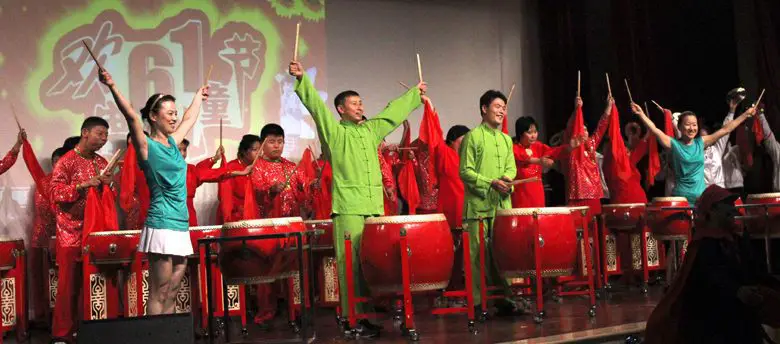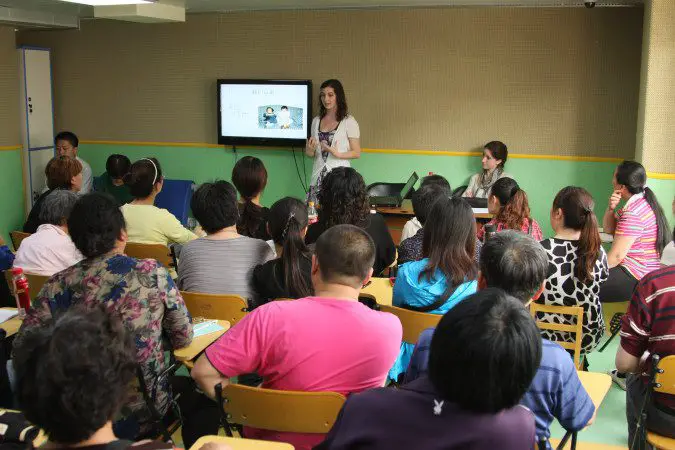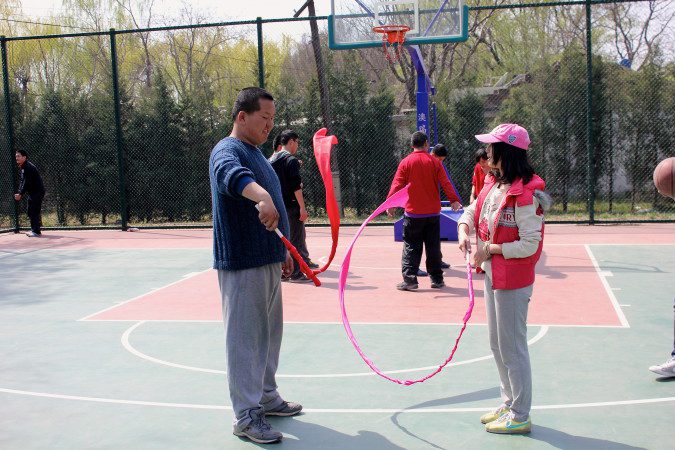
Celebrating all children: autism and disability in China
New Disability Horizons contributor, Meghan Hussey, talks about disability in China and how it relates to UNICEF’s annual report The State of the World’s Children, which is focused on children with disabilities this year.
The first day of June marks International Children’s Day. This year’s International Children’s Day was especially important because it has coincided with the launch of UNICEF’s annual report: The State of the World’s Children. This year the report focuses on the situation of children with disabilities.
Outdated statistics estimated that about 93 million children worldwide (or 1 in 20) have some type of disability. The fact that accurate statistics are not even available on this shows how little attention has been paid to people with disabilities on the international development and global health agenda. People with disabilities worldwide are far more likely to live in poverty, be victims of physical/sexual abuse, or face discrimination. They are far less likely to have any access to adequate healthcare, education, or employment opportunities. Disability issues are not mentioned in any of the Millennium Development Goals.
2008 was a milestone year for international disability issues with the adoption of the United Nations Convention on the Rights of Persons with Disabilities (CRPD). The convention promotes a framework in which all people can enjoy their human rights and be respected regardless of different abilities. To date the convention has been signed and ratified by 127 countries and the European Union. However, this widespread adoption of the convention has not yet translated into tangible change for too many people with disabilities in too many countries around the world.
One of those countries is China. Despite the fact that the Chinese are now bound by both the CRPD as well as its own domestic disability protection laws, the situation remains extremely difficult for people with disabilities. Some of this is due to the difficulties with the Chinese legal system that makes implementation of these laws uneven. Children with disabilities in China are often unable to obtain education. Inclusive education in China is rare and many jurisdictions do not have special education schools. Even the special schools that exist will sometimes turn away children with more significant disabilities like autism or who have a 户口 (hukou or household registration) from outside that school’s district. Unlike in many Western countries, families whose children are denied their right to public education cannot sue their local school system. They are left seeking help from non-profit schools or rehabilitation organizations, which are expensive and unregulated.
The uneven legal implementation is not the only reason that China has not yet realized the ideas professed in the CRPD. There are also many logistical and cultural barriers as well. Even if a court ruled in favor of a child with a disability, China does not yet have the infrastructure to provide such an education in many places. There are not enough well trained special education professionals in China. The hyper-competitive and overcrowded Chinese education system mean that it is much harder to implement and is opposed by many parents of non-disabled children who fear that their children will be negatively affected. Local governments, with limited funds and skewed incentives, do not see making accommodations for children with disabilities as a worthwhile investment. Without any hope of future prospects, many Chinese families still see children with disabilities as a shame and burden.
In the face of such hardships, there are now quite a lot of disabled Chinese and their families pushing for change. For Rongairongle, a support group for people with intellectual/developmental disabilities and their families, International Children’s Day was an opportunity to enter the community and raise awareness. They perform traditional Chinese drumming on public holiday celebrations. This year they had five performances for International Children’s Day, including shows for children at a Deaf children’s center and a pre-school for children with intellectual disabilities. These events allow them to show everyone their abilities, without the “dis-“ prefix.
The loud drumming makes a powerful statement: they are entering society with a bang and making themselves heard. At the end of each performance the whole group raises their arms and shouts 融爱融乐, 融入社会 (Rongairongle, Rongru shehui – Rongairongle, Integrate Society!). This proud declaration is the core of their mission of all their activities, which include sports days with local volunteers and advocacy. They are coming together to promote an inclusive society, and in doing so are really paving the way for future generations of Chinese children with disabilities to have better acceptance and services in society.
With the UNICEF Report finally bringing long overdue attention to the situation of disability in the developing world, there is now hope that grassroots activism like this will find more support. With people around the world standing up to change the norms and conventions about how disability is seen, more opportunities will open up so that all children can reach their full potential.
By Meghan Hussey
Check out…
- Disability across the world: China
- G’day to accessible New Zealand: part 1
- Challenges and success: starting a business with a disability
Get in touch by messaging us on Facebook, tweeting us @DHorizons, emailing us at editor@disabilityhorizons.com or leaving your comments below.


kids are very cute so we care about them.
Kids’ education Disabilities